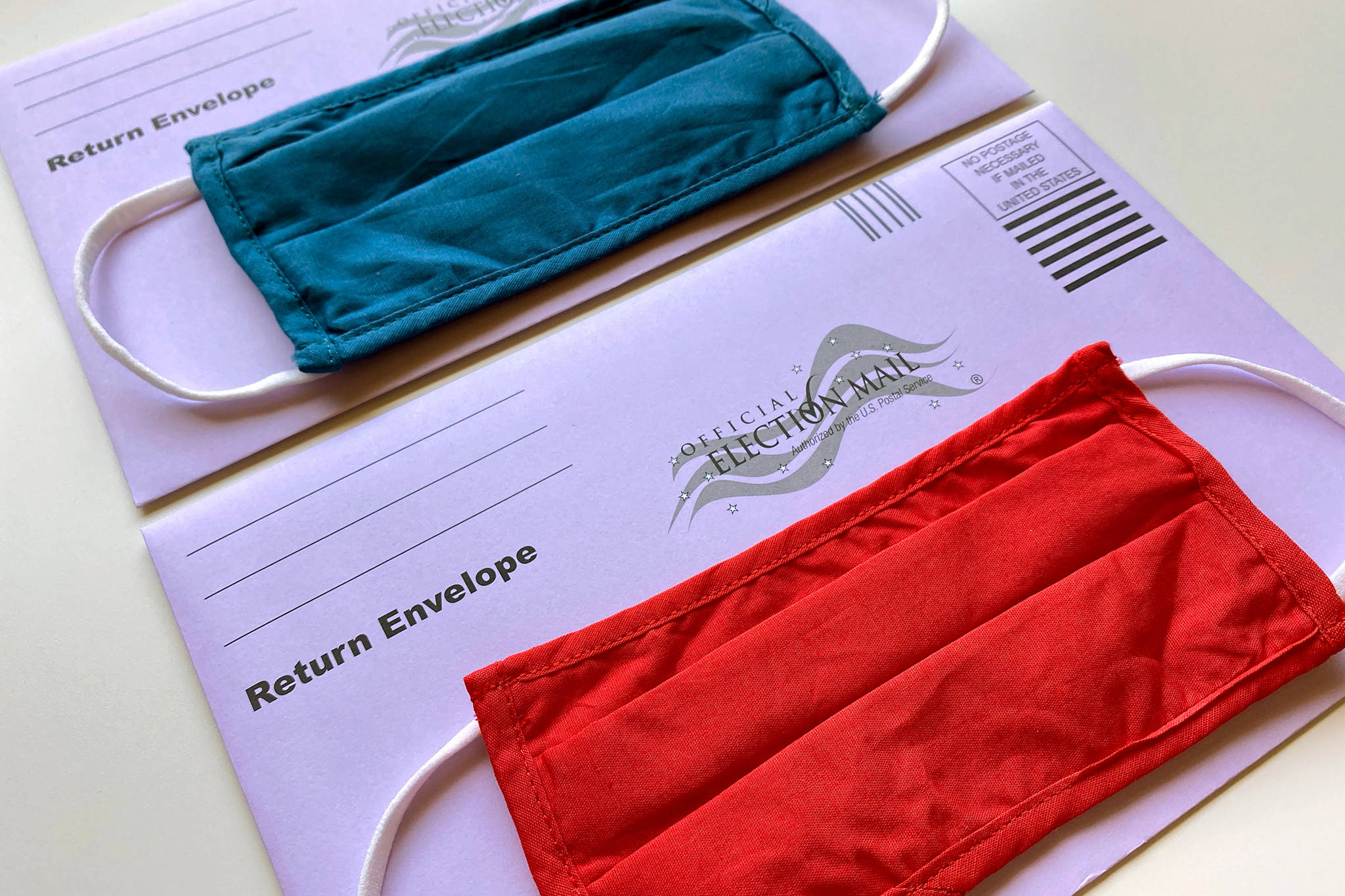Associated Press
ANCHORAGE — U.S. Sen. Dan Sullivan and challenger Al Gross met in a debate focused on fisheries policy that ended up focusing on other issues including federal COVID-19 relief funding and Pebble Mine.
The candidates for Sullivan’s seat in the U.S. Senate squared off Saturday in the 90-minute debate on Zoom, The Anchorage Daily News reported.
Sullivan, the Republican incumbent, repeatedly characterized Gross as a threat who could hand Democrats control of the Senate. The debate was hosted by ComFish Alaska and the Kodiak Chamber of Commerce.
Gross, a Democratic-backed independent, went after Sullivan for not denouncing the development of the Pebble Mine in Southwest Alaska earlier.
Gross used the words of ousted Pebble executive Tom Collier, who was caught on video saying Sullivan was “hiding in a corner.”
“I wouldn’t stand back and be silent in the corner like Dan has been on Pebble mine,” Gross said.
Sullivan said he ensured the process was based on science rather than politics and agreed when federal agencies determined the proposed open-pit mine about 200 miles southwest of Anchorage should not move forward.
“The Pebble Mine is dead, and I am going to keep it that way,” Sullivan said.
Sullivan touted his work securing approval for more ice breakers and his Save the Seas Act legislation focused on cleaning marine debris.
Sullivan noted his support and work for the legislation establishing federal coronavirus relief funding, which brought financial relief to Alaska’s fishing industry. Sullivan also criticized Gross for an ad in which Gross called the legislation a “$2 trillion bailout bill.”
Bailouts are not always bad, Gross said. While he would have supported the virus relief legislation, Gross would have fought harder to steer more money to Alaska, he said.
For most people, the coronavirus causes mild or moderate symptoms, such as fever and cough that clear up in two to three weeks. For some — especially older adults and people with existing health problems — it can cause more severe illness, including pneumonia, and death.
The number of infections is thought to be far higher because many people have not been tested, and studies suggest people can be infected with the virus without feeling sick.

